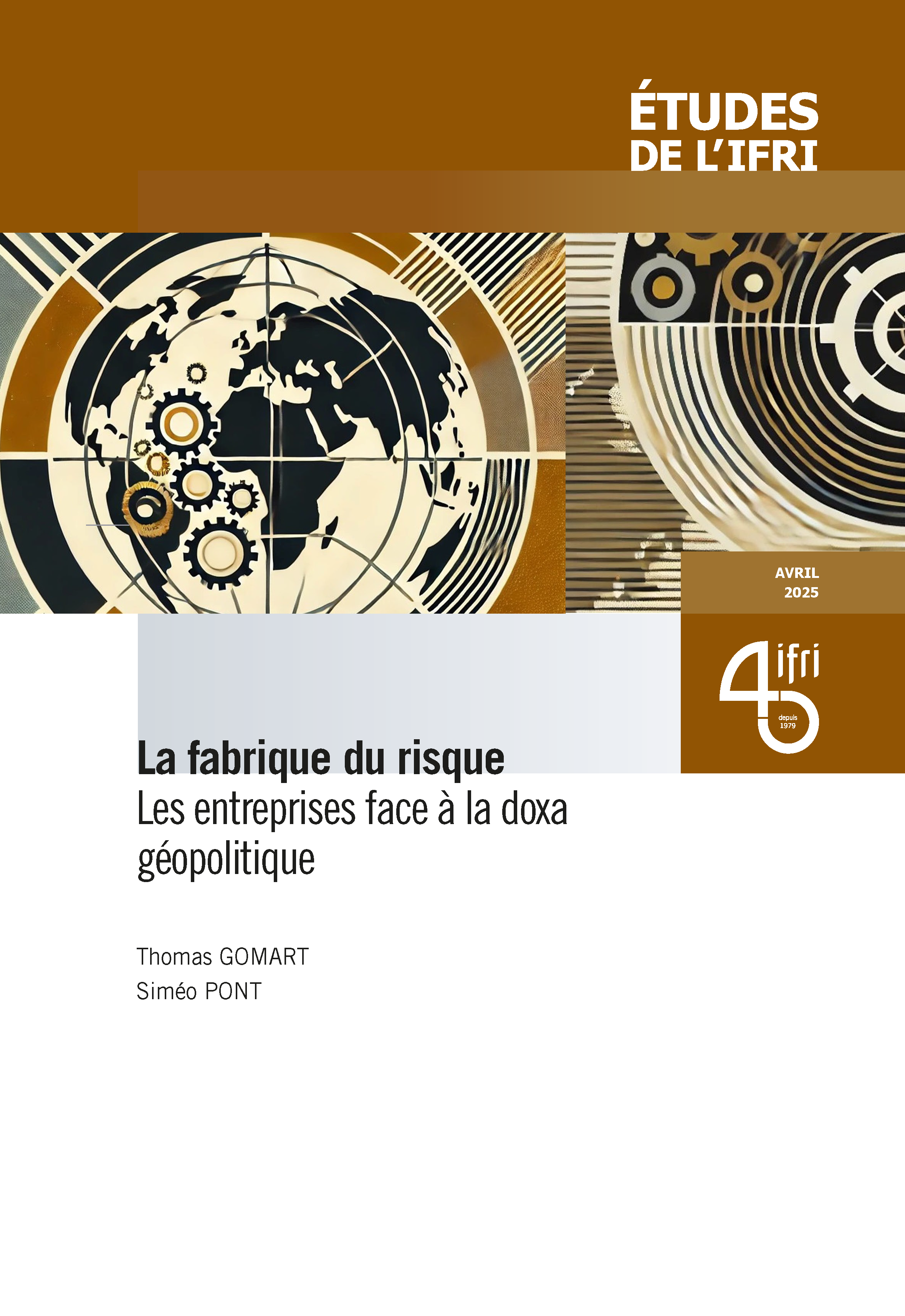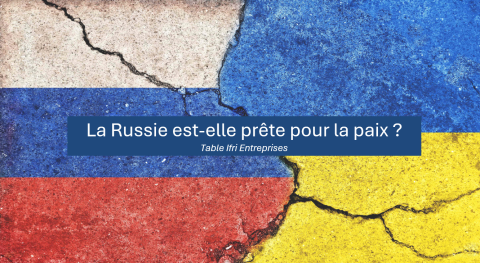4345 publications
RAMSES 2016. Démocraties en Asie de l'Est : une difficile transition
Date de publication
08 septembre 2015
RAMSES 2016. La société internationale est-elle démocratique ?
Date de publication
08 septembre 2015
RAMSES 2016. L'Allemagne et la Russie dans la crise ukrainienne
Date de publication
08 septembre 2015







